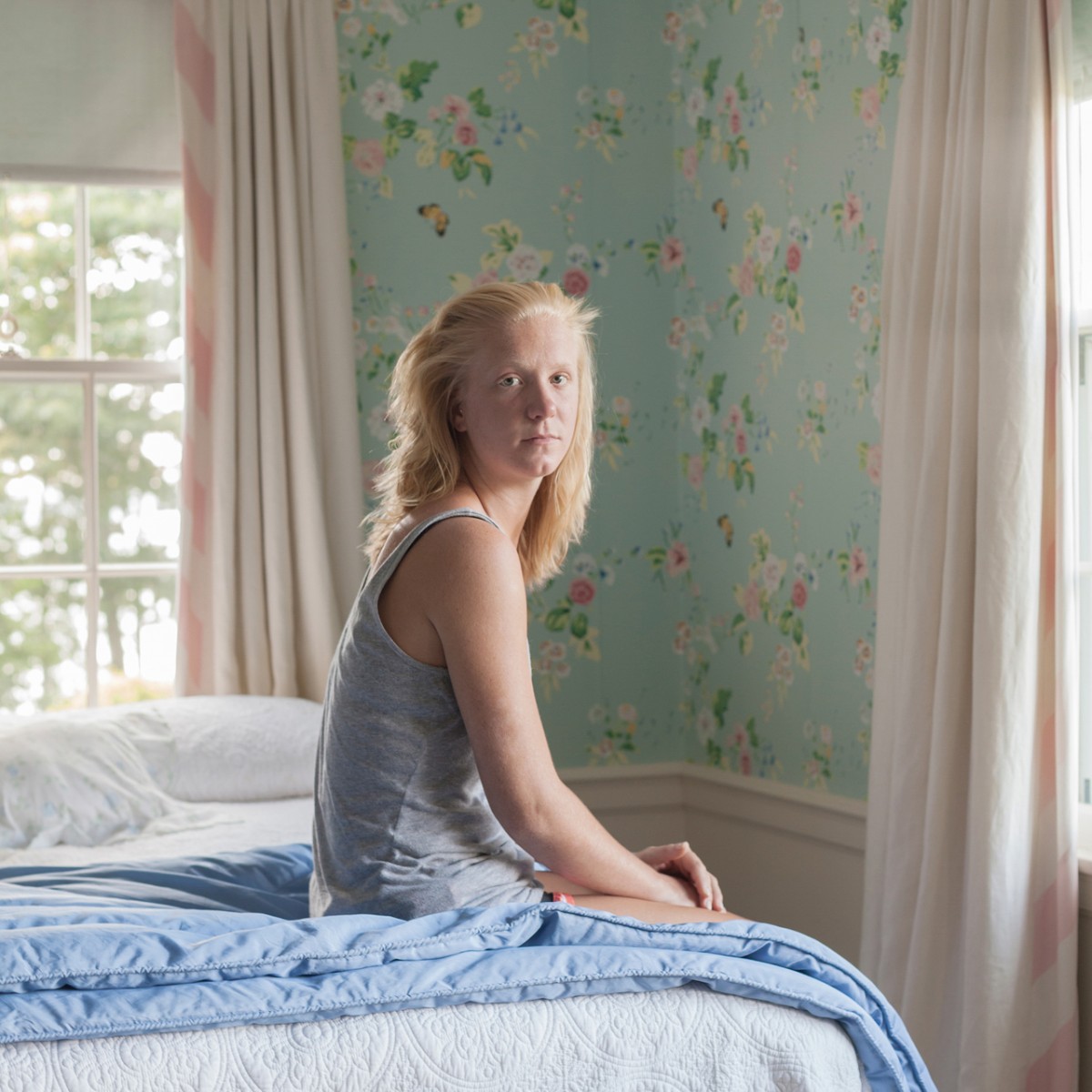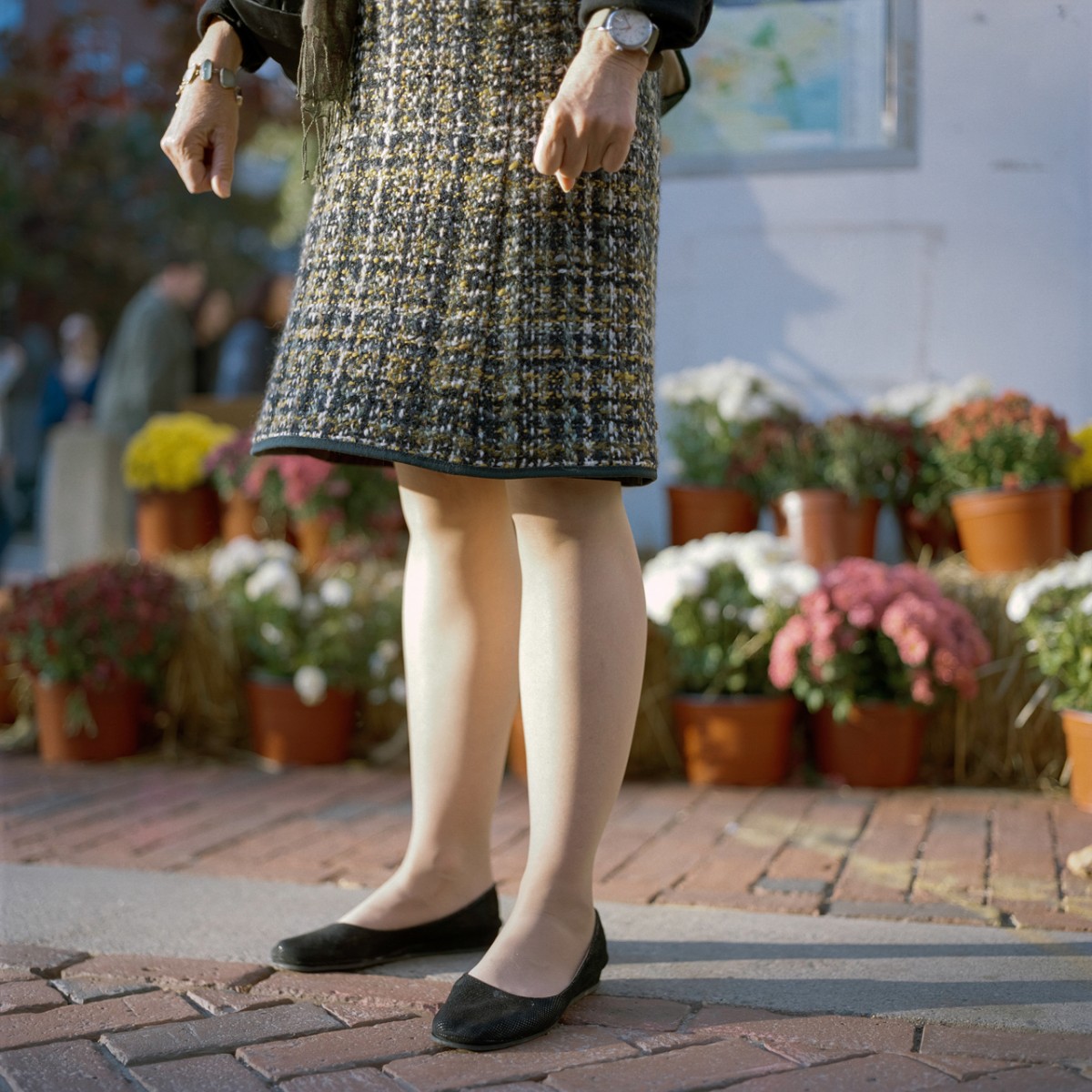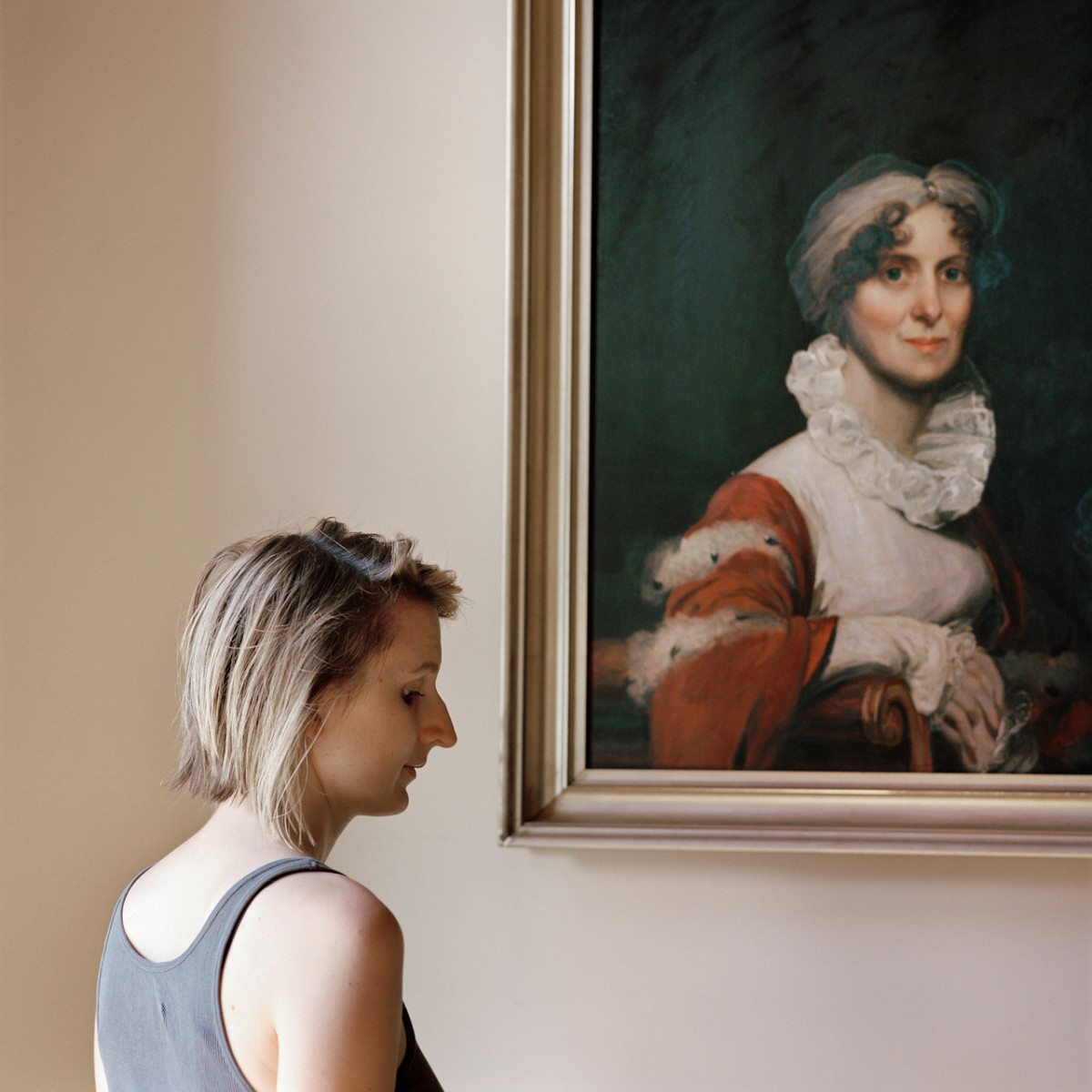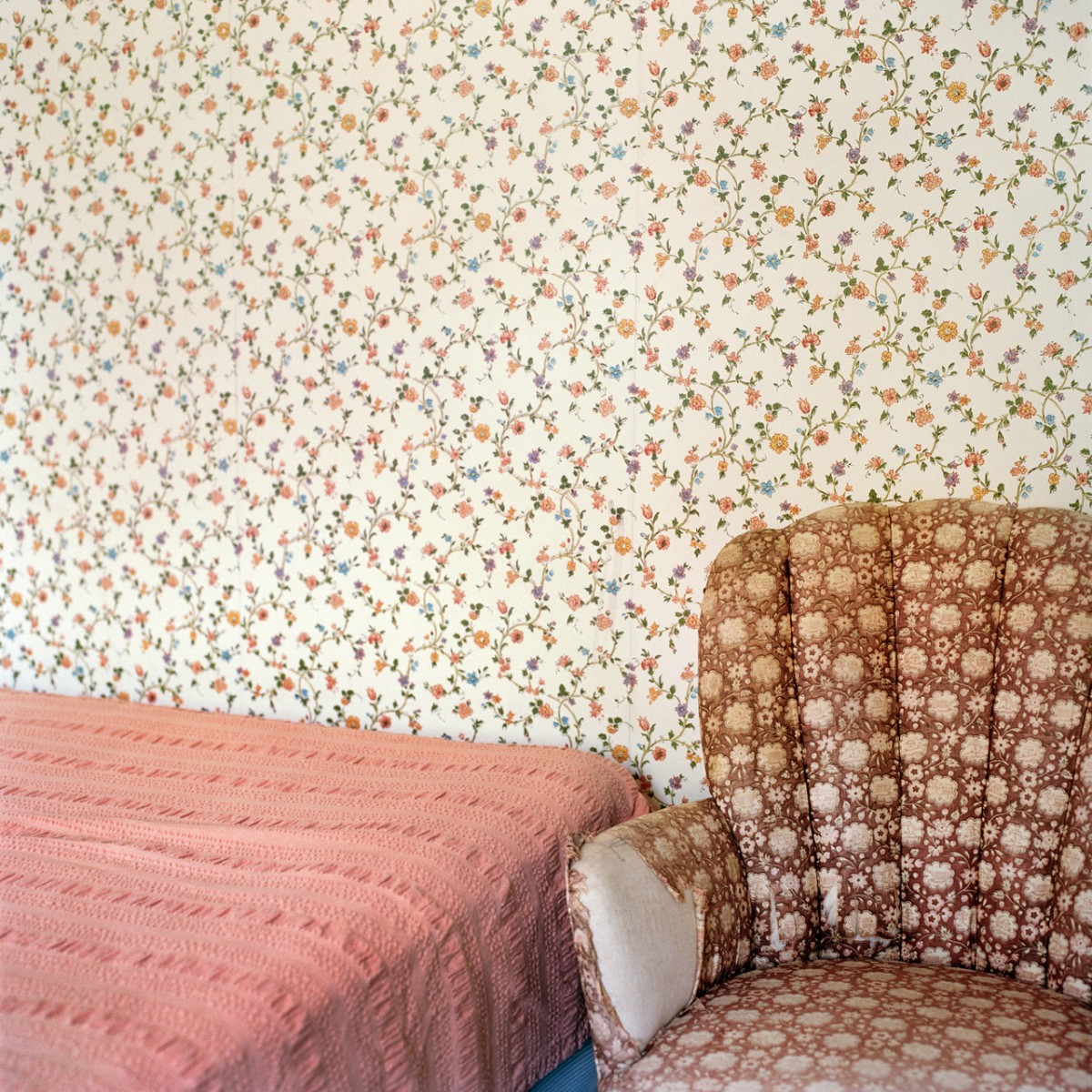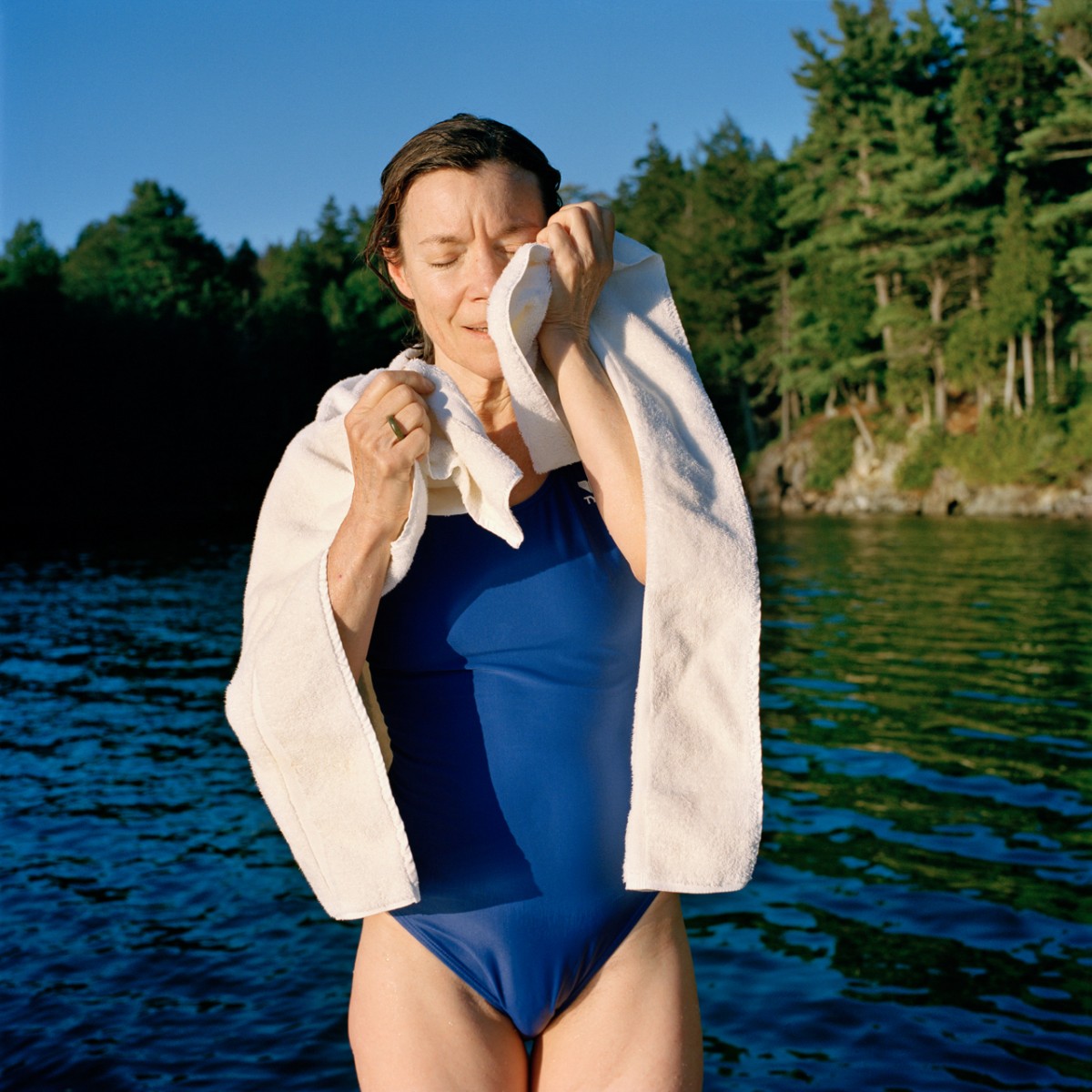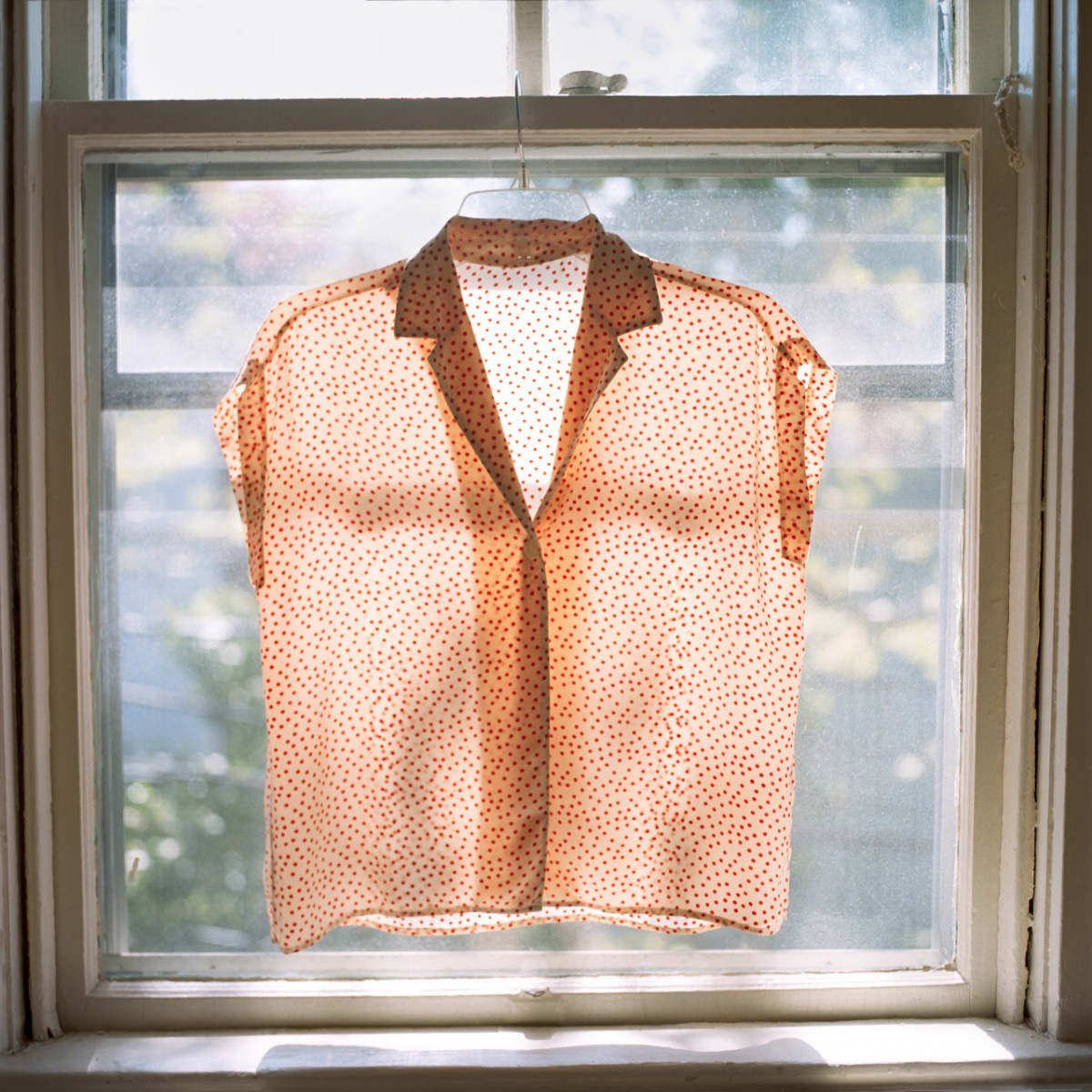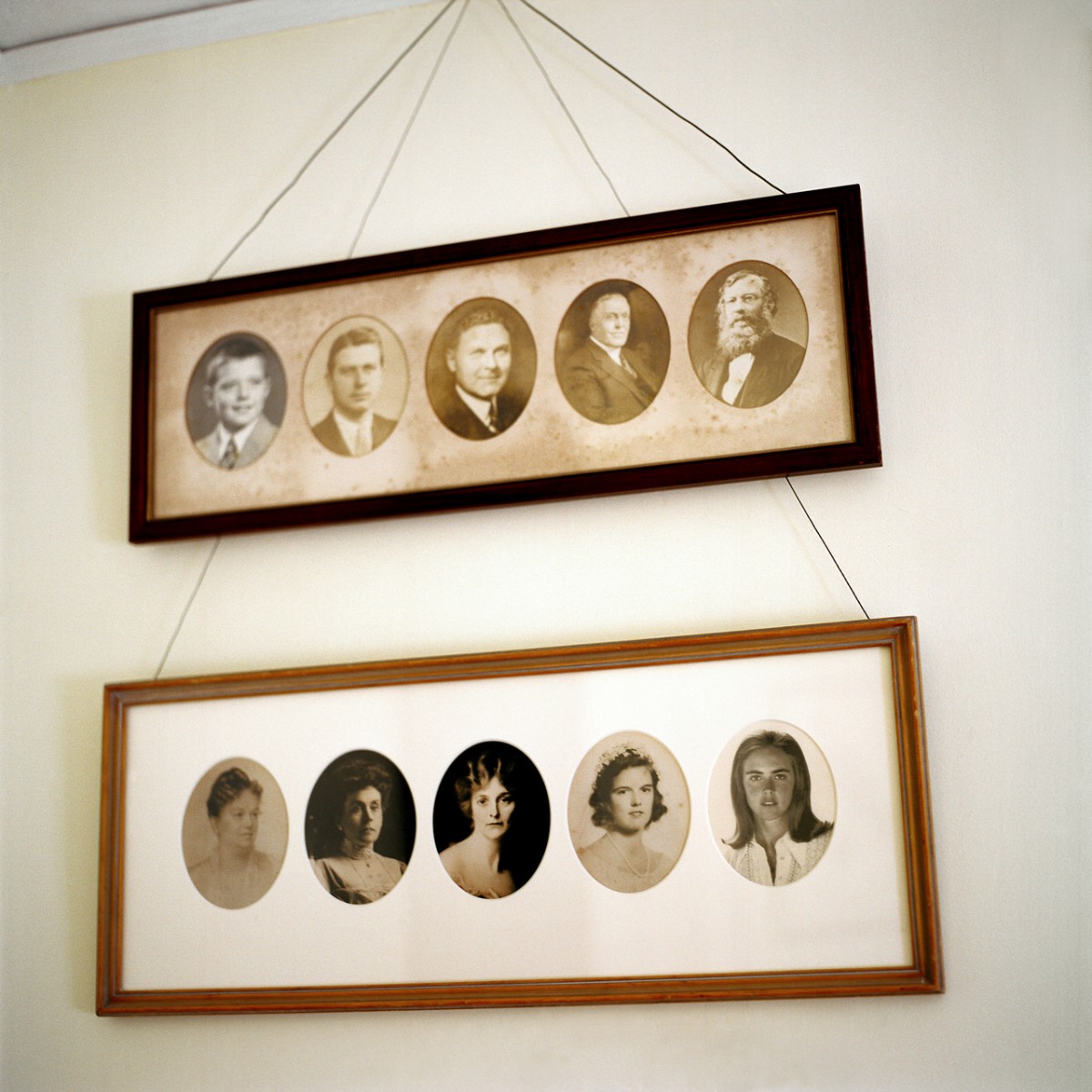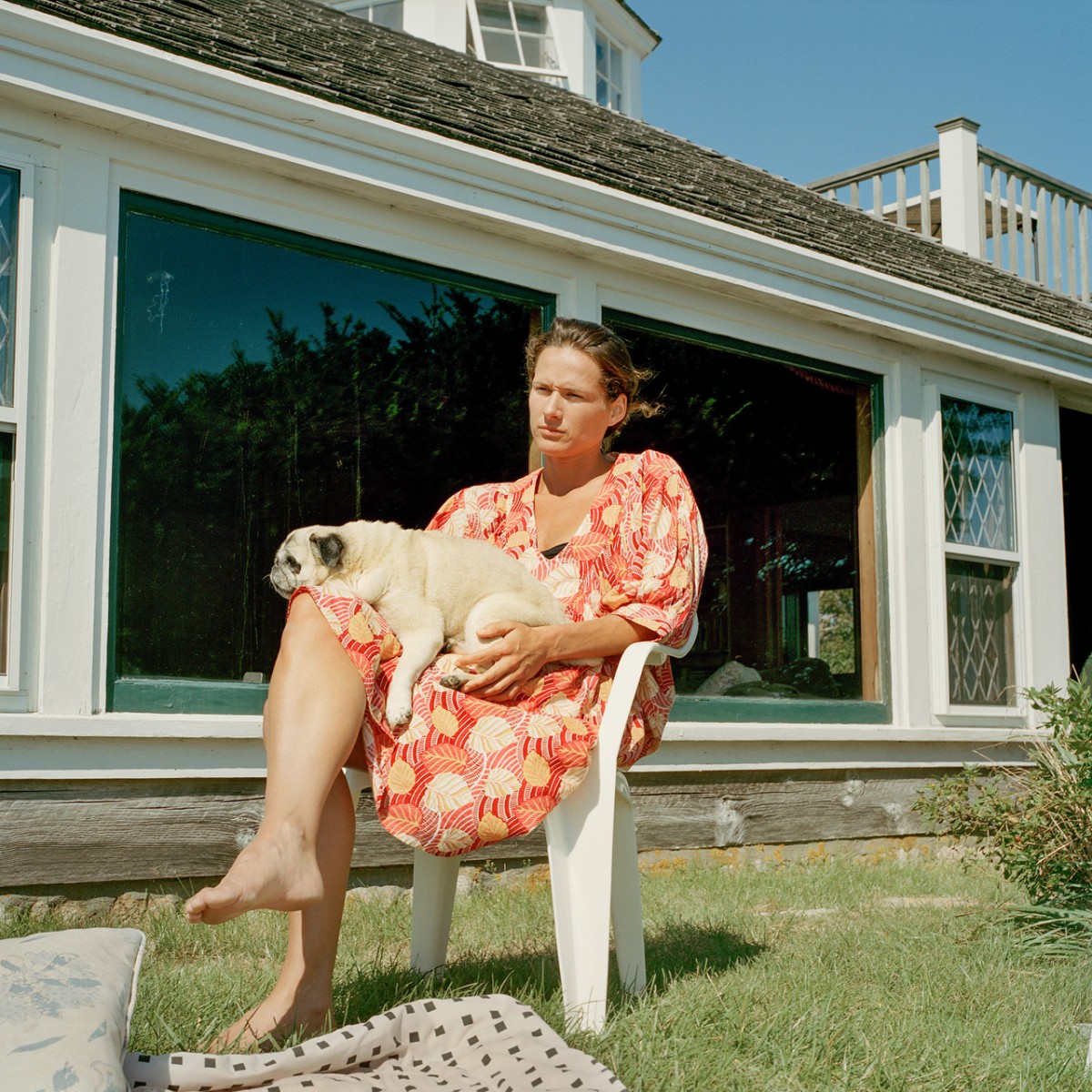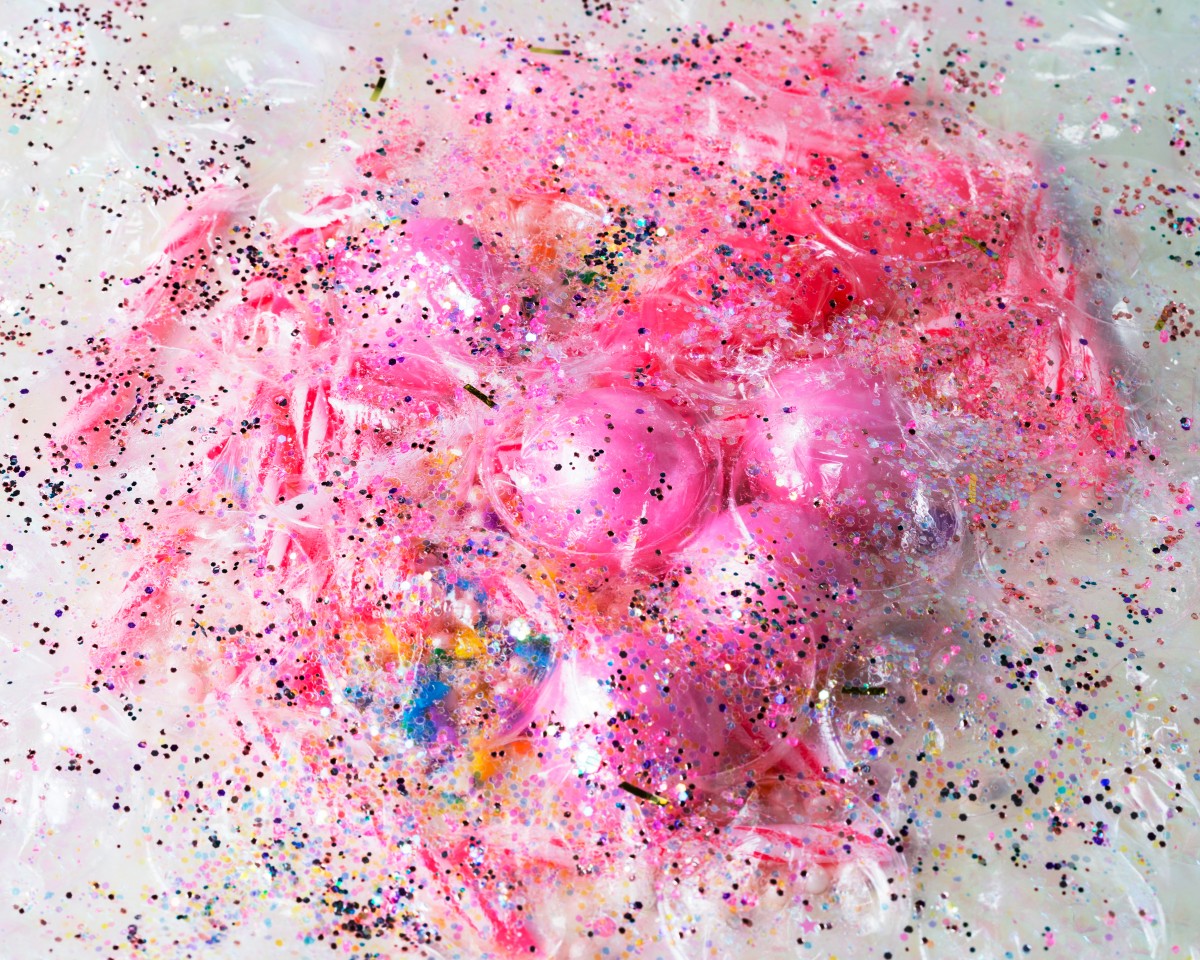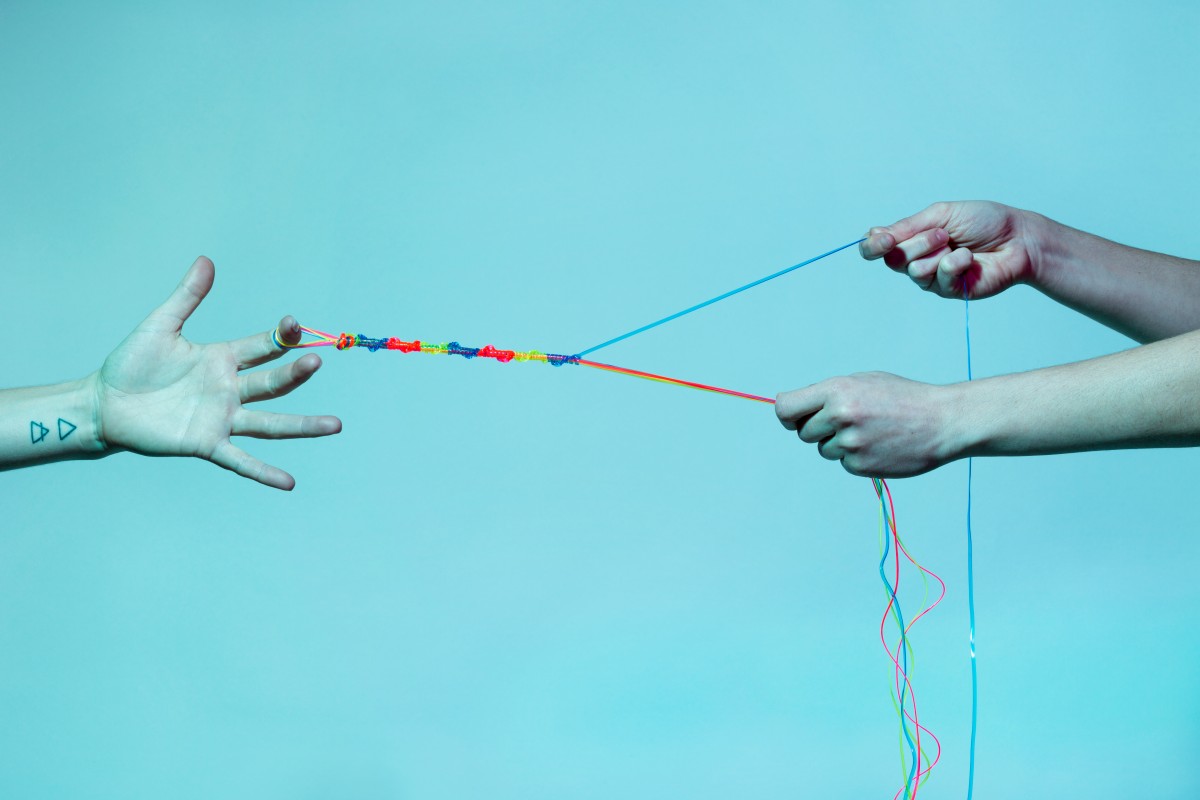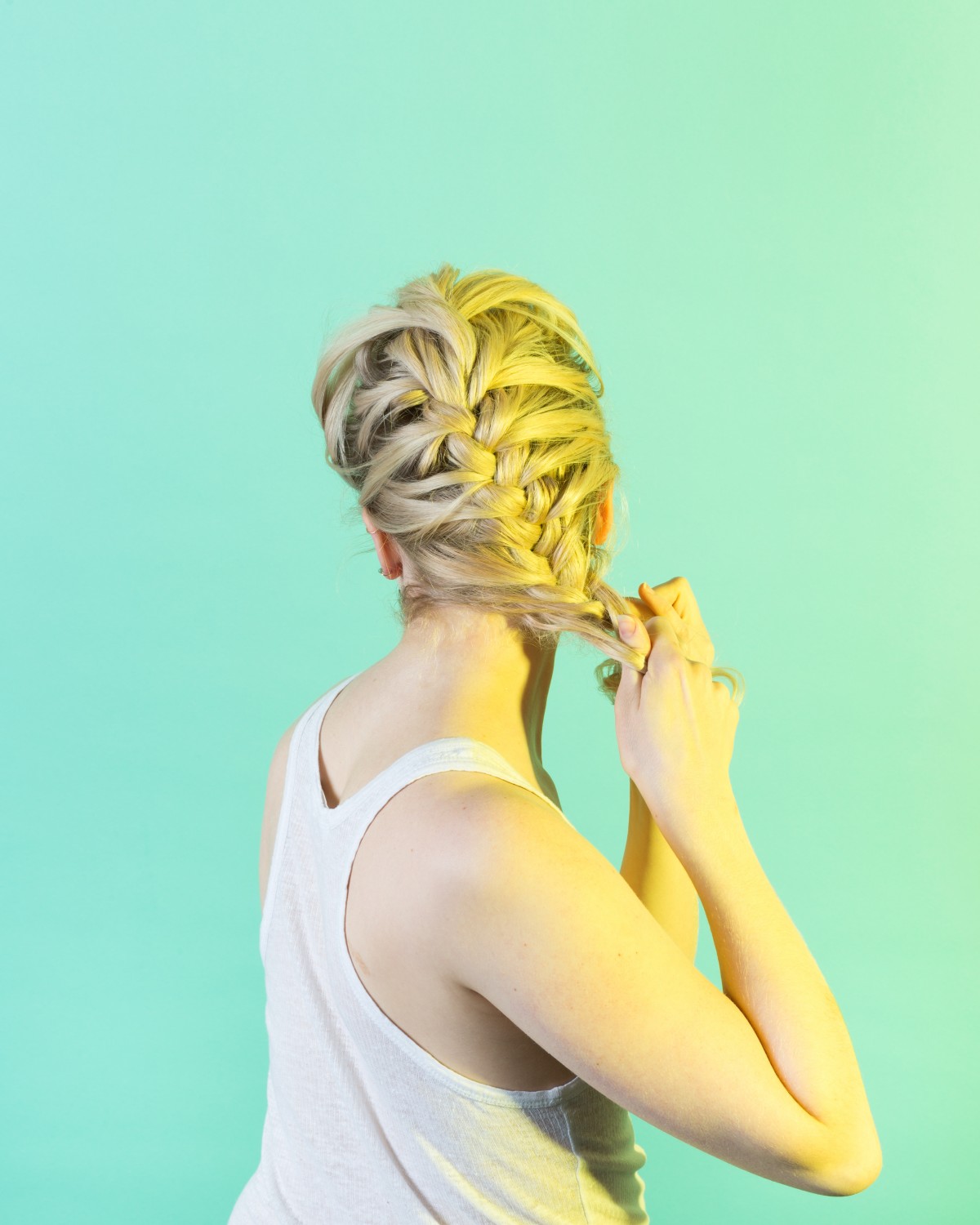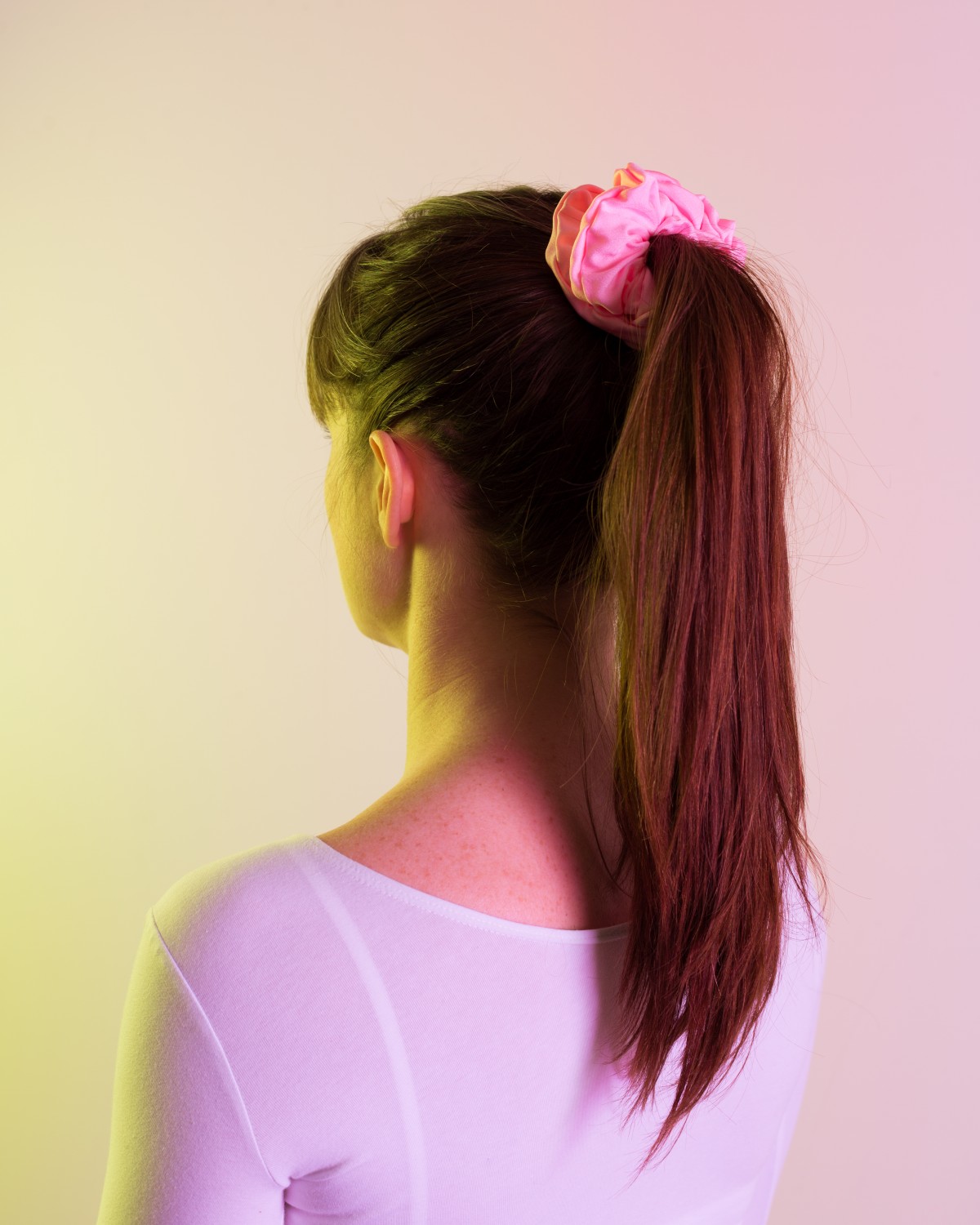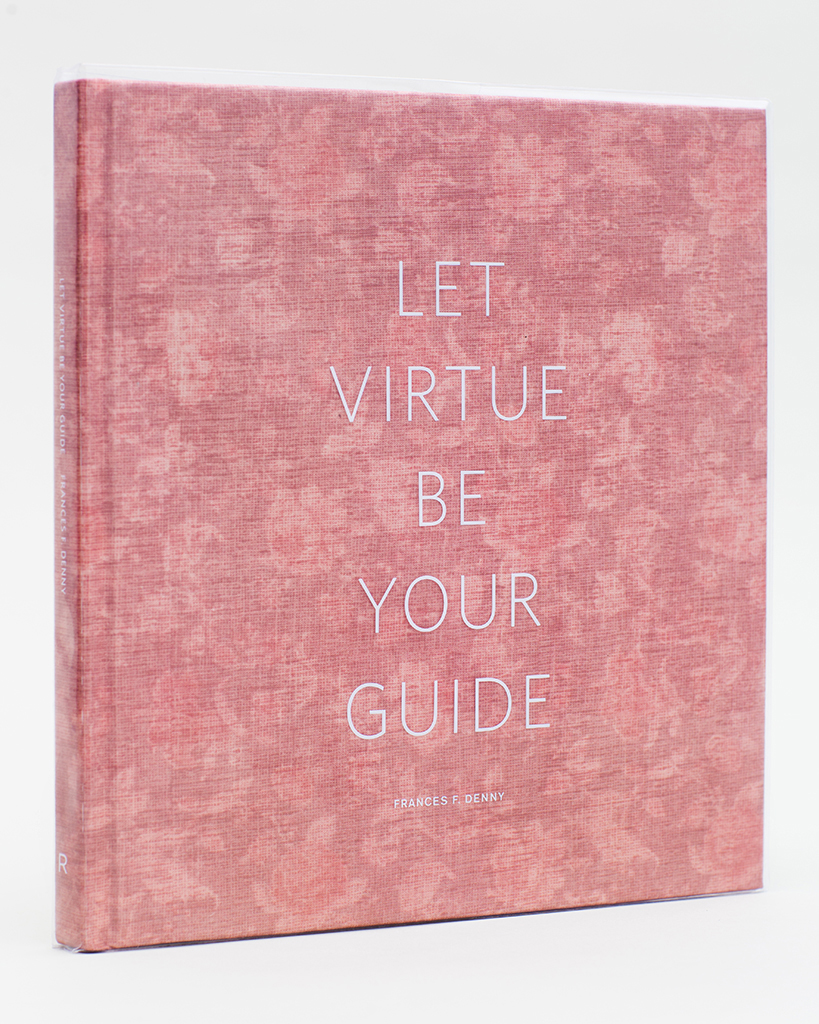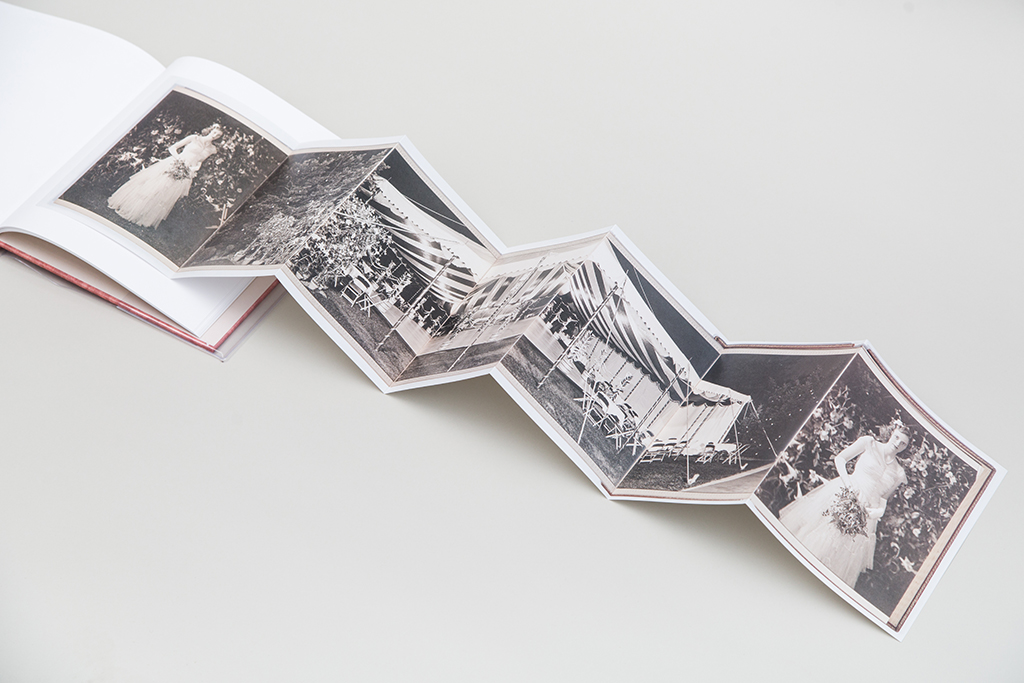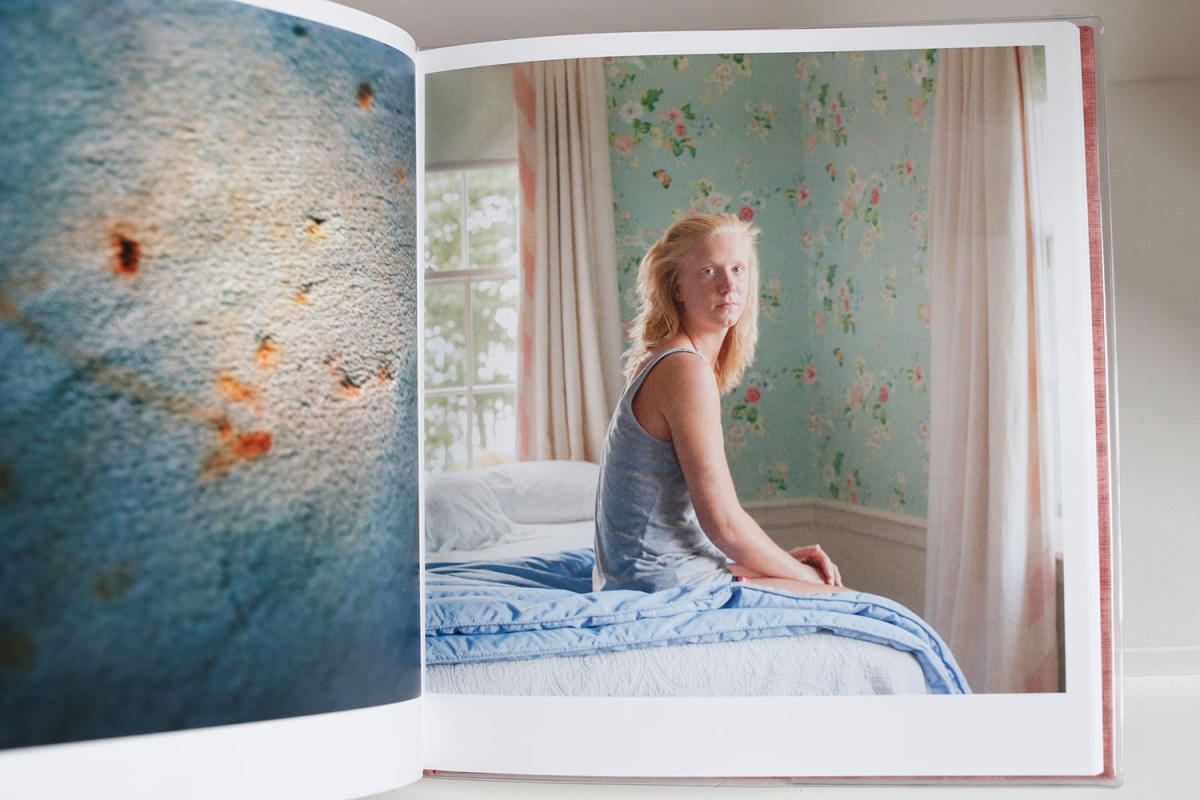U.S based photographer, Frances F. Denny speaks about her series and publication, 'Let Virtue Be Your Guide' and latest works, 'Pink Crush' as part of our Ideas on Talent series.
Photoworks: Thanks for taking the time to talk to us. We’re continuing a series called Ideas on Talent – a spin-off of our long-standing Ideas Series, based around talent development, aimed at emerging and young photographers and artists. Would you be able to give us a brief overview of how you came to photography?
Frances F. Denny: I first studied photography in high school, in the darkroom, and continued through college, though it wasn’t my major. It wasn’t until after college that I decided to pursue photography as an occupation.
PW: Your work focuses around the transitional stages of womanhood and the sense of identity that comes at this time in a young female’s life. What interested you in this subject initially and what do you hope to convey in your portrayal of women?
FFD: My interest in feminism and the development of female identity has been ongoing, and much of my work is still influenced by what I studied in college. My undergraduate studies were in liberal arts; I focused on art history, literature, and philosophy. My senior colloquium examined the ways in which women are disempowered, “othered,” and subjugated. Wollstonecraft, de Beauvoir, Irigaray, Butler were influential to me. De Beauvoir in particular writes at length about female girlhood and adolescence, and the factors that affect that development. So I think that is when I became interested in thinking about the ways in which I as a woman have been formed–most notably by my family (as Let Virtue Be Your Guide investigates), and later by pop culture (as in my series Pink Crush).


PW: Your series Let Virtue be your Guide looks at your family history in relation to the themes of femininity. By photographing the different generations of women in your family, what did you learn about your own legacy?
FFD: In graduate school, I became interested in the concept of virtue, and ended up adapting the title of Let Virtue Be Your Guide from a 1982 Rhode Island Historical Society exhibition of colonial girls’ embroidery samplers. Historically, “virtue” relates to a woman’s chastity and moral uprightness, and I began thinking about how the definition of women’s virtue (or morality) has evolved over time. Through my pictures, I related this shifting sense of “virtue” to the women in my family. My title sounds like a piece of advice–“Let Virtue Be Your Guide”–in that way, I mean to elicit a questioning in my viewers of what “virtue” might actually mean nowadays. If the photographs describe my relatives’ version of female virtue, I aim to ultimately leave my viewer with this question of “What is virtue, now?” My hope is that her definition of virtue is something she comes to define independently, personally, and as an individual–that “virtue” isn’t just handed down through a person’s family or culture.


PW: Your CV shows a variety of schools and institutions in your educational history including a professional certificate from the International Center for Photography in New York and an MFA in Photography at the Rhode Island School of Design amongst a list of awards and honours. How important was your education to the progression of your career?
FFD: I spent college studying liberal arts disciplines, and not primarily in studio art/photography, so I needed technical training beyond the darkroom afterwards. After a few years working in art galleries and assisting photographers, I enrolled at ICP for their year-long program. ICP gave me that technical training and a lot more, and I got hooked on the idea of one day applying to MFA programs so that I could deepen my own artistic practice and also work toward a degree with which I could someday teach. RISD was an incubator- my class was very small, and we became familiar with one another’s work and felt comfortable taking risks. I made a lot of lousy work in grad school, but it was important to the process– generating a lot of work week after week was like flinging ideas against a wall to see what fell off and what stuck.
PW: Since graduating, you’ve seen a lot of successes, most recently becoming a PDN 30 winner, as well as winning the LensCulture Emerging Talent Award, being a Magenta Foundation Flash Forward Award winner and being shortlisted for the Lucie Foundation Emerging Artist Grant to name but a few. How have winning these awards and grants aided your career? Would you recommend entering prizes as way of promoting and progressing an early – stage career?
FFD: It’s expensive to apply for all of these open calls, so I recommend being selective about which ones you submit your work to (Lenscratch has a good list). Some of those opportunities can lead to useful exposure for an emerging artist. My advice is to apply to the calls that have jurors you’d particularly like to get your work in front of, or who have exhibitions that accompany the prize. The Fence (United Photo Industries) is one of my favorite open calls– your work is viewed by thousands of people over the course of an entire summer in 4 or 5 different cities. The most wonderful honor I’ve received came in the form of a fellowship with an unrestricted cash grant that I’ve used to shoot my current project. I highly recommend applying for the NYFA Fellowships if you’re a New York-based artist (again, there’s a great list of grants on Lenscratch).


PW: As part of your MFA, you published a monograph of the series, Let Virtue Be Your Guide. What do you feel the book encompasses that perhaps an exhibition of the work wouldn’t? How helpful has the book been in showing and disseminating the work?
FFD: Actually, I self-published a few copies of a thesis book at RISD–it became a sort of prototype that I showed to publishers after graduation when I was looking to publish Let Virtue Be Your Guide as a monograph. Radius Books picked it up, and we worked on the project for over a year– Let Virtue Be Your Guide was published in May.


The pictures work together in sequence to articulate the ideas behind them. This series in particular is best seen as a whole; the experience of viewing them in book form is nuanced and intimate. Additionally, there are short texts (anonymous quotes from correspondences with my family members) that appear briefly and interstitially between the photos. The pacing of the texts and photos also works best in book form.

The other significant thing about making the series into a book was that I was able to collaborate with a writer on the book’s Afterword. Lisa Locascio’s original piece, “Primer” is inspired by the photos in the series but reflects her own experiences as a 30-something year old woman. In this way, the book becomes more than just my photographs. It’s a more precise and intimate experience of encountering the work, but also more expansive since it includes other voices along with the images.
PW: Can you speak a bit about the balance of professional work with your personal photography?
FD: Every week is a balance of my freelance client work and finding time to develop, shoot, and promote my personal work. Some weeks are more heavy on commercial and editorial work, some I can designate more towards my personal projects. Both sides of my practice are important to me, and keep me sharp and engaged as a photographer. I very much enjoy working with clients and editors–I have a huge collaborative streak in my personality that would be unsatisfied if I were making my own work 100% of the time. I think the two sides of my work strengthen one another–I have been photographing women a lot in both practices this year for example, and have become even more attuned to how I represent women in two-dimensions; how to work with my subjects to engage them and make them feel as comfortable as possible in front of the camera. For the commercial work, I’m often photographing women in clothes that are meant to look beautiful and easy and relaxed (and we all know most people do not feel this way being photographed). In my personal work, I work to engender trust in my subjects so that together we can elicit a portrait of them that feels like a reflection of them–and that requires vulnerability and trust on their part.


PW: Finally, what’s next for you?
FFD: I’m in the thick of shooting a new series–it’s all I can think about these days! The summer months are my most shooting-intensive because of the light, so I’ve been travelling and photographing a lot recently. I won a NYFA Fellowship in July which has helped fund the project so far. I’m keeping it under wraps for the time being, but stay tuned…

Frances’s book is published by Radius books and can be purchased here.
For more on Frances F. Denny’s work, click here.
For more in our talent development series, click here.
